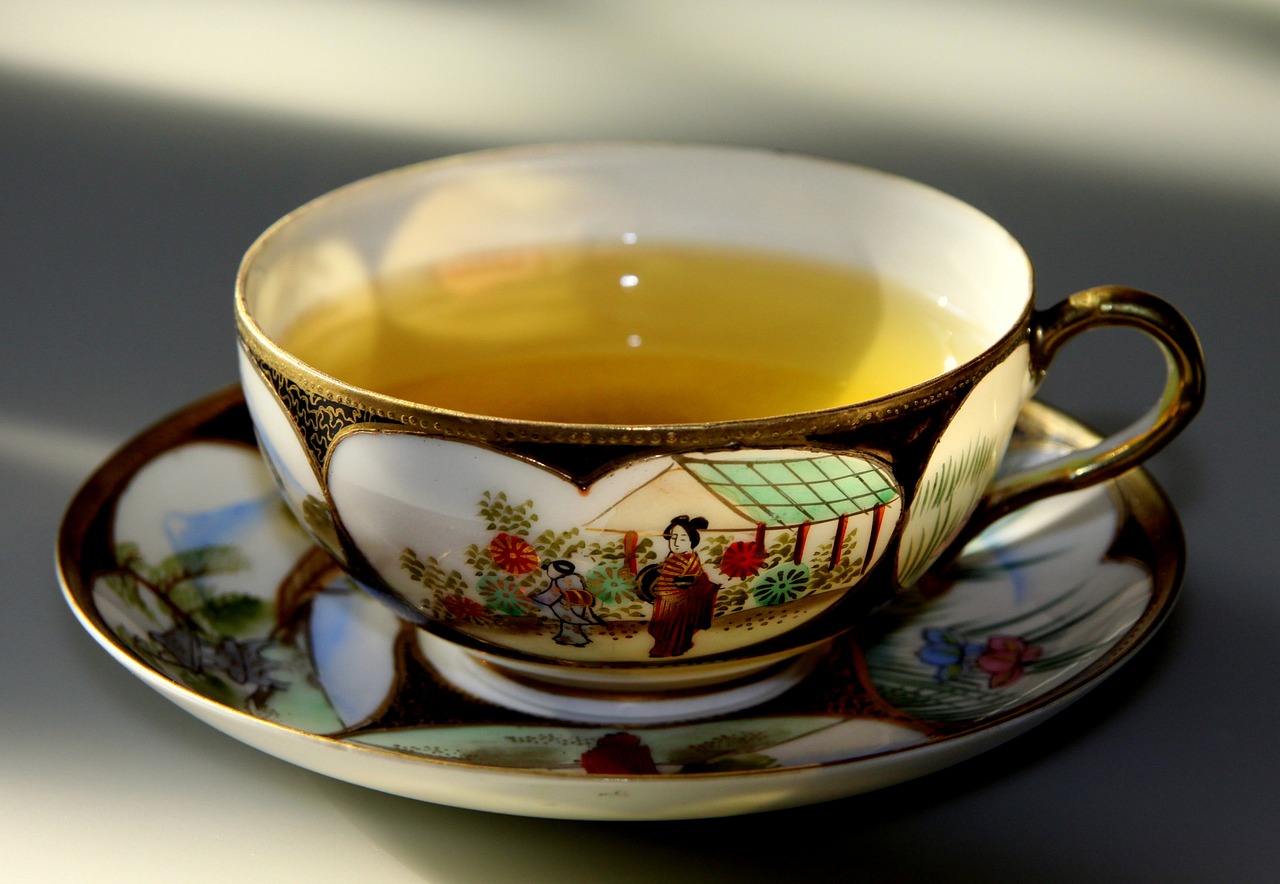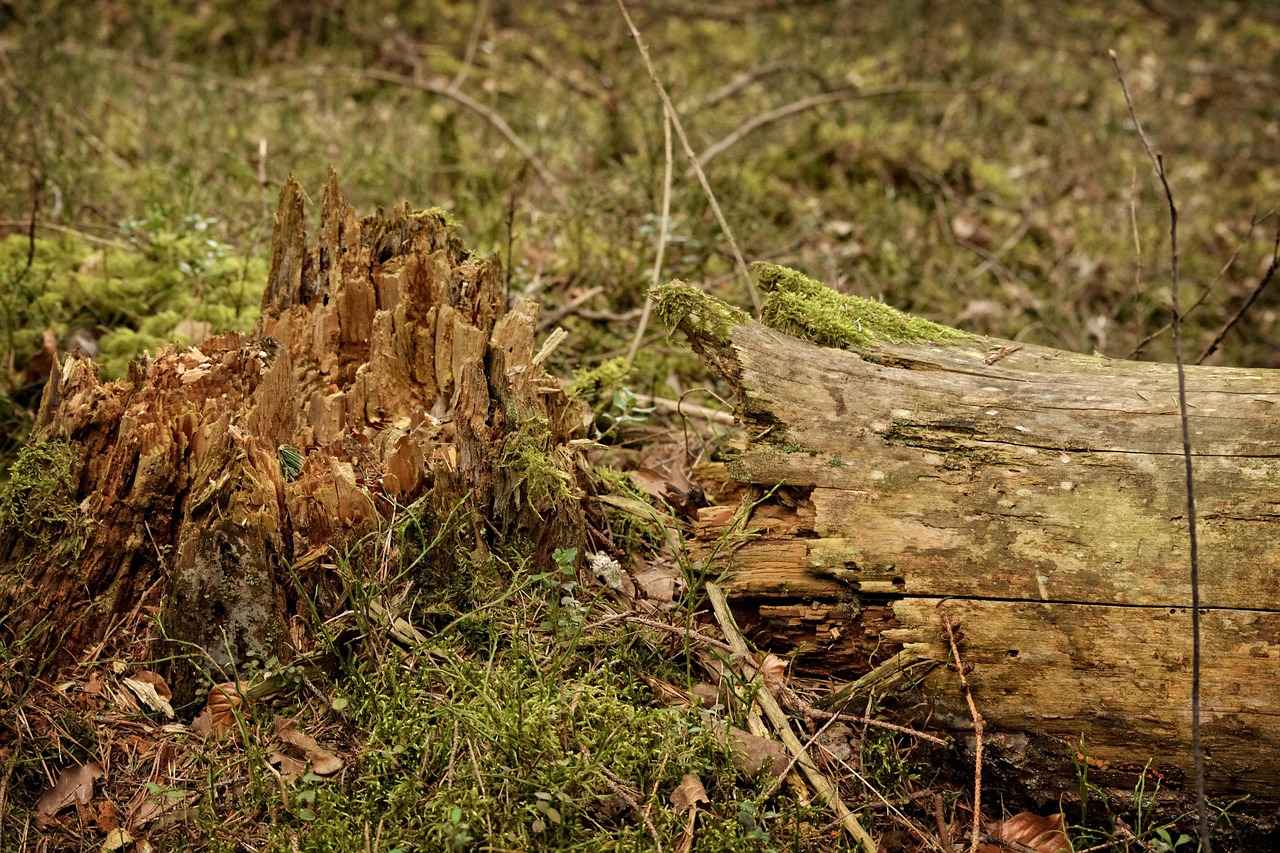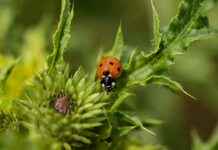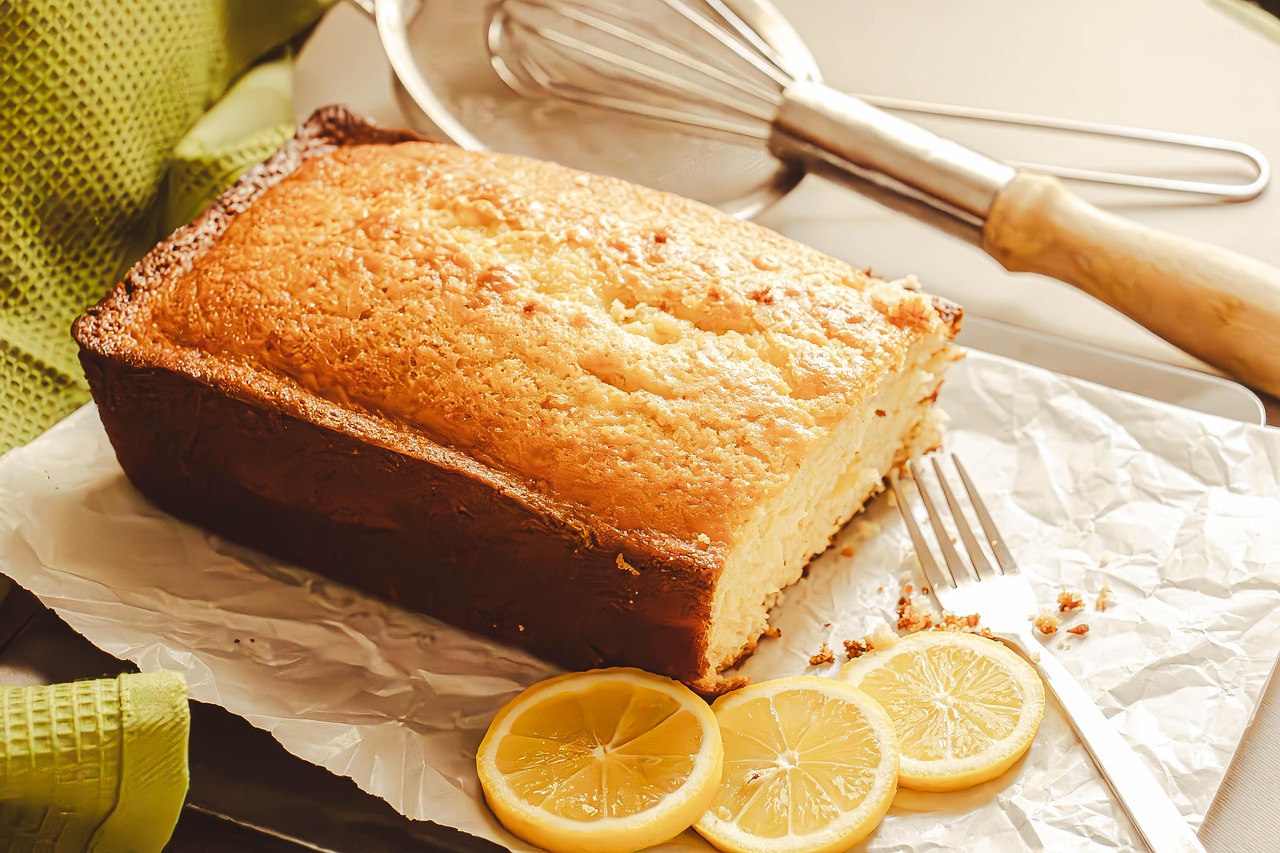This article explores expert tips and techniques to enhance your tea-drinking experience, ensuring every cup is flavorful and satisfying.
What Are the Best Types of Tea for Flavor?
Understanding the different types of tea is essential for flavor enhancement. Each tea offers unique characteristics that can significantly impact your brewing experience. For instance:
- Black Tea: Known for its robust flavor and higher caffeine content, it pairs well with milk and spices.
- Green Tea: Offers a more delicate taste, often enjoyed without additives to appreciate its subtlety.
- Herbal Tea: A caffeine-free option that can be infused with various herbs and fruits for a unique flavor profile.
How Does Water Quality Affect Tea Taste?
The quality of water used in brewing tea can make or break the flavor. Discover why using filtered or spring water is crucial for achieving the best taste. Tap water can contain chlorine and minerals that alter the flavor, making pure water essential for a perfect brew.
What Is the Ideal Brewing Temperature for Different Teas?
Brewing temperature plays a vital role in extracting flavors. Each type of tea has a recommended brewing temperature:
| Type of Tea | Ideal Temperature (°F) |
|---|---|
| White Tea | 160-185 |
| Green Tea | 175-185 |
| Oolong Tea | 185-205 |
| Black Tea | 200-212 |
How Long Should You Steep Your Tea?
Steeping time is critical for flavor development. Explore the optimal steeping times for different teas:
- White Tea: 4-5 minutes
- Green Tea: 2-3 minutes
- Oolong Tea: 3-5 minutes
- Black Tea: 3-5 minutes
Steeping for too long can lead to bitterness, while too short a time may result in a weak flavor.
What Additives Can Enhance Tea Flavor?
Exploring additives can elevate your tea experience. From sweeteners to spices, discover how various ingredients can complement and enhance the natural flavors of tea:
- Honey: A natural sweetener that can add depth.
- Lemon: Adds a refreshing zest, especially to black and herbal teas.
- Spices: Ingredients like cinnamon or ginger can create a warming effect.
How to Store Tea for Maximum Freshness?
Proper storage is essential for preserving tea quality. Learn the best practices for storing tea:
- Keep tea in an airtight container to prevent moisture.
- Store away from light and heat, ideally in a cool, dark place.
- Avoid storing tea in the fridge as it can absorb odors.
By following these expert tips, you can significantly enhance your tea-drinking experience, ensuring every cup is not just a beverage but a moment of enjoyment.
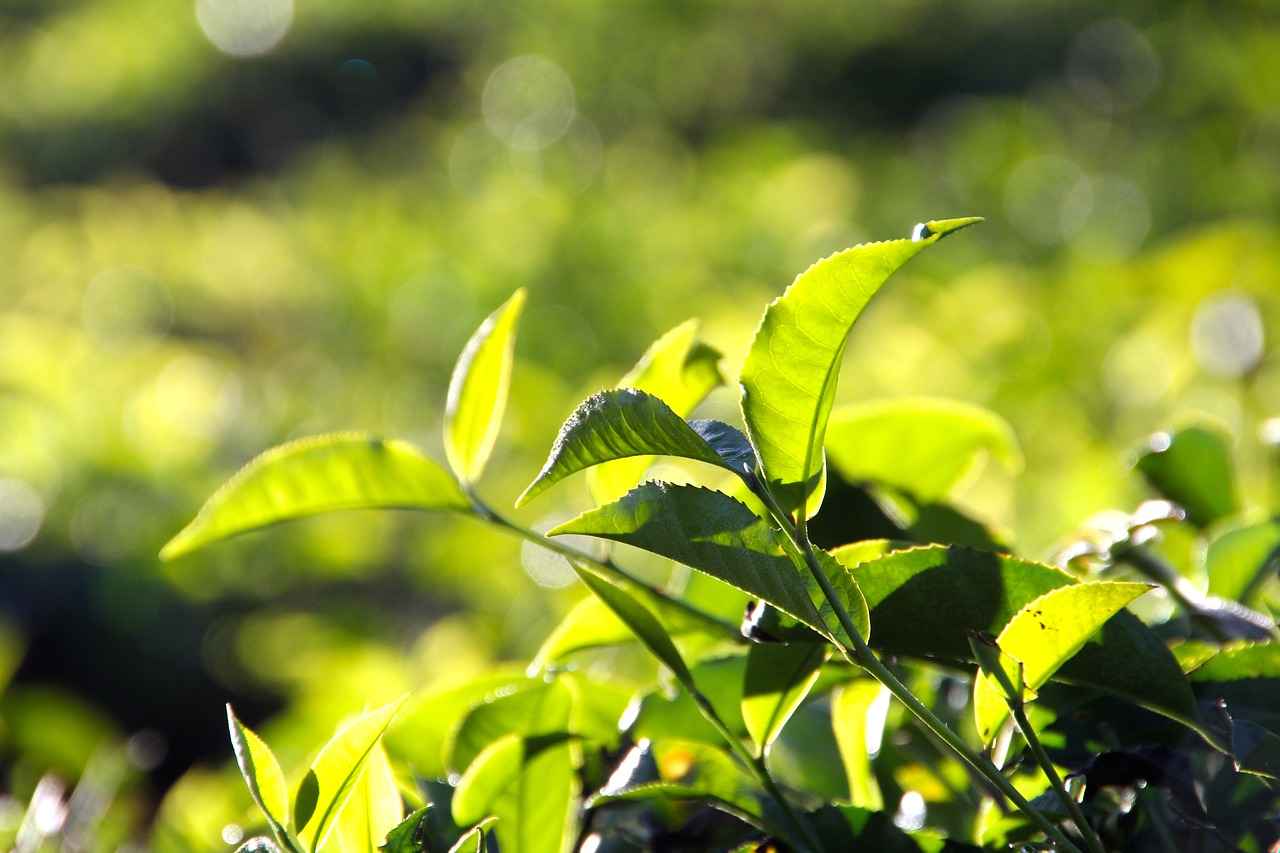
What Are the Best Types of Tea for Flavor?
When it comes to enhancing the flavor of your tea, understanding the different types of tea is crucial. Each variety possesses its own unique characteristics, which can significantly influence your brewing experience and the overall taste of your cup. Here, we will delve into some of the most popular types of tea and what makes each one special.
- Black Tea: Known for its robust flavor, black tea is fully oxidized, resulting in a rich and bold taste. Varieties like Assam and Darjeeling offer distinct flavor profiles, with Assam being malty and Darjeeling providing a floral note.
- Green Tea: This type of tea is less processed and retains more of its natural antioxidants. The flavor can range from grassy to sweet, depending on the variety. Japanese Matcha is particularly noted for its creamy texture and vibrant taste.
- Oolong Tea: Oolong is partially oxidized, striking a balance between black and green tea. Its flavor can vary widely, from floral and fruity to creamy and toasty, making it a versatile choice for tea enthusiasts.
- White Tea: The least processed of all teas, white tea is made from young leaves and buds. It has a delicate flavor profile that is subtly sweet and floral, making it a favorite for those who prefer a lighter taste.
- Herbal Tea: While not technically tea, herbal infusions are made from a variety of plants, fruits, and spices. They offer a wide range of flavors, from the refreshing notes of peppermint to the soothing qualities of chamomile.
Each of these tea types can be further enhanced through various brewing techniques, such as adjusting water temperature and steeping time. For instance, black tea typically requires boiling water and a longer steeping time, while green tea benefits from cooler water and shorter steeping durations to avoid bitterness.
Additionally, the origin of the tea leaves plays a significant role in flavor. For example, teas from different regions often have unique characteristics influenced by the local climate and soil conditions. Exploring teas from various regions can lead to a delightful journey of flavors.
In conclusion, understanding the characteristics of different types of tea is essential for enhancing flavor. Whether you prefer the boldness of black tea or the subtlety of white tea, knowing how to brew each type correctly can elevate your tea experience to new heights. Experimenting with different varieties and brewing methods will not only broaden your palate but also deepen your appreciation for this timeless beverage.
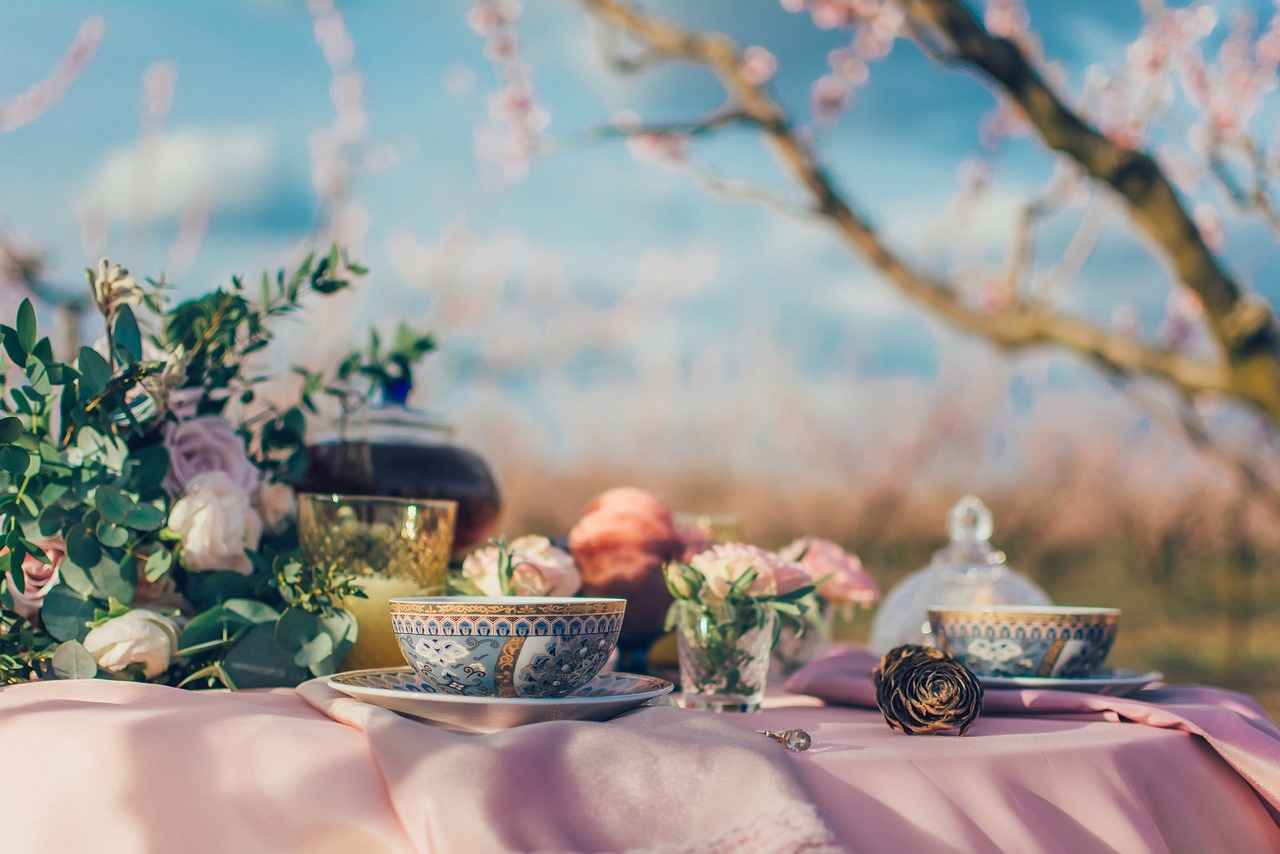
How Does Water Quality Affect Tea Taste?
When it comes to brewing the perfect cup of tea, one often overlooked factor is the quality of water used in the process. The water you choose can significantly influence the overall flavor, aroma, and even the health benefits of your tea. In this section, we will explore how water quality affects tea taste and why opting for filtered or spring water is essential for achieving a delightful brew.
The water used in brewing tea acts as a solvent that extracts flavors, aromas, and beneficial compounds from the tea leaves. If the water is not of good quality, it can introduce undesirable elements that alter the tea’s natural taste. Chlorine, for example, is commonly found in tap water and can impart a chemical taste that overshadows the delicate flavors of your tea.
- Filtered Water: Using a water filter can remove impurities and enhance the taste of your tea. Look for filters that reduce chlorine and other contaminants.
- Spring Water: Naturally sourced spring water is often rich in minerals that can complement the flavors of different teas. Its balanced mineral content can enhance the overall taste experience.
- Distilled Water: While distilled water is pure, it lacks minerals, which are essential for flavor extraction. It’s generally not recommended for brewing tea.
The mineral content of water plays a crucial role in flavor extraction. Calcium, magnesium, and sodium are minerals that can enhance the taste of tea by allowing for a fuller extraction of flavors. Conversely, water that is too soft (low in minerals) may result in a bland cup, while overly hard water can lead to bitterness.
The ideal water temperature for brewing tea varies by type, but generally, cooler water is better for delicate teas like green tea, while hotter water is suitable for black teas. Additionally, the pH level of the water can influence the taste; water that is neutral (around 7 pH) is often best for brewing.
Using high-quality water not only enhances flavor but can also maximize the health benefits of tea. Many teas are rich in antioxidants and other beneficial compounds, which can be better extracted using clean, mineral-rich water. This means that the right water can help you get the most out of your tea.
In summary, the quality of water is a fundamental aspect of brewing tea that should not be overlooked. By choosing filtered or spring water, you can significantly improve the flavor profile of your tea, ensuring a more enjoyable and healthful drinking experience. Remember, the next time you brew a cup, consider the water as an essential ingredient that can elevate your tea to new heights.
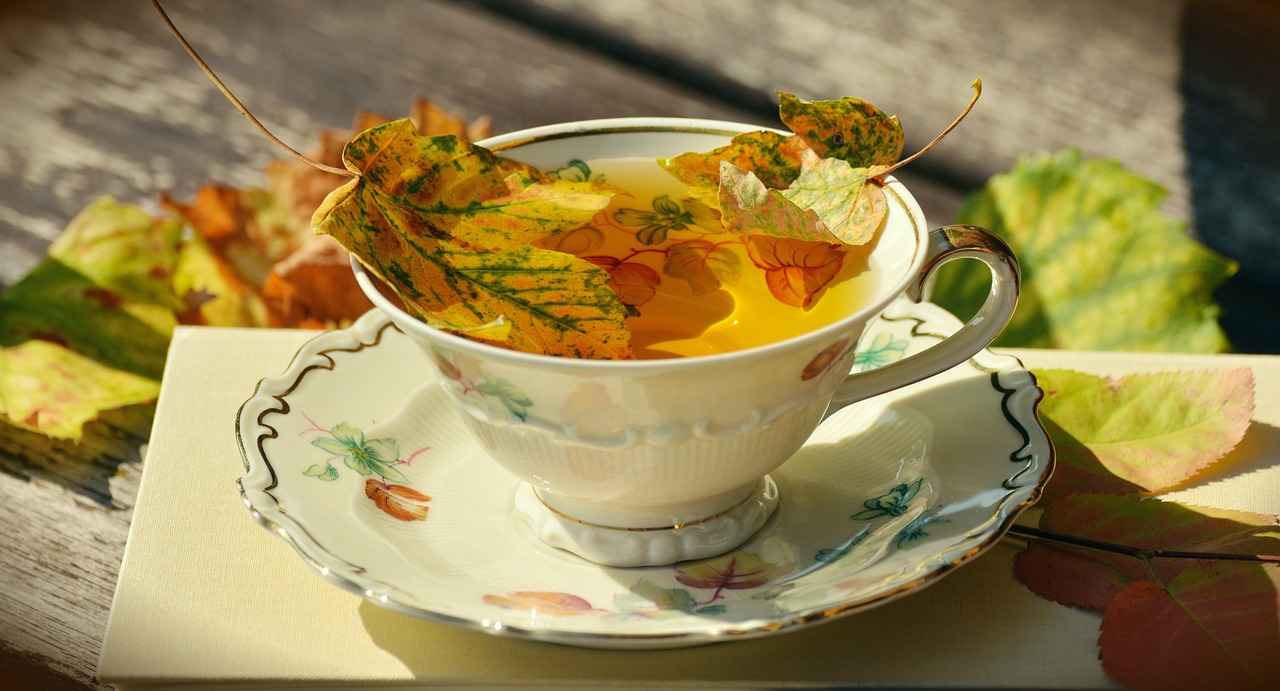
What Is the Ideal Brewing Temperature for Different Teas?
When it comes to brewing the perfect cup of tea, temperature is one of the most crucial factors to consider. The ideal brewing temperature varies significantly among different types of tea, and understanding these nuances can greatly enhance your tea-drinking experience. In this section, we will delve into the recommended temperatures for various tea types, ensuring you extract the best flavors from each.
The brewing temperature directly influences the extraction of flavors, aromas, and beneficial compounds from the tea leaves. If the water is too hot, it can lead to bitterness, especially in delicate teas. Conversely, using water that is not hot enough may result in a weak and flavorless brew. Here’s a breakdown of the ideal temperatures for different types of tea:
| Type of Tea | Recommended Brewing Temperature (°F) | Recommended Brewing Temperature (°C) |
|---|---|---|
| White Tea | 160-185°F | 70-85°C |
| Green Tea | 175-185°F | 80-85°C |
| Oolong Tea | 190-200°F | 90-95°C |
| Black Tea | 200-212°F | 95-100°C |
| Herbal Tea | 200-212°F | 95-100°C |
To achieve the perfect brewing temperature, consider using a thermometer. This tool ensures accuracy, allowing you to brew your tea at the optimal temperature. If you don’t have a thermometer, you can also use a simple method: bring water to a boil and then let it cool for a specific duration. For example, letting boiling water sit for about 5-7 minutes will cool it to the ideal temperature for white tea.
- Over-extraction: Brewing at high temperatures can lead to the release of tannins, resulting in a bitter taste.
- Under-extraction: Low temperatures may fail to extract essential oils and flavors, leading to a bland cup.
- Aroma Loss: Certain delicate teas lose their aromatic compounds if brewed at inappropriate temperatures.
By adhering to the recommended brewing temperatures for each type of tea, you can maximize the flavor potential of your brew. Understanding these guidelines not only enhances your tea experience but also allows you to appreciate the intricate differences between tea varieties. So, the next time you prepare a cup, remember that temperature is your ally in crafting the perfect infusion.
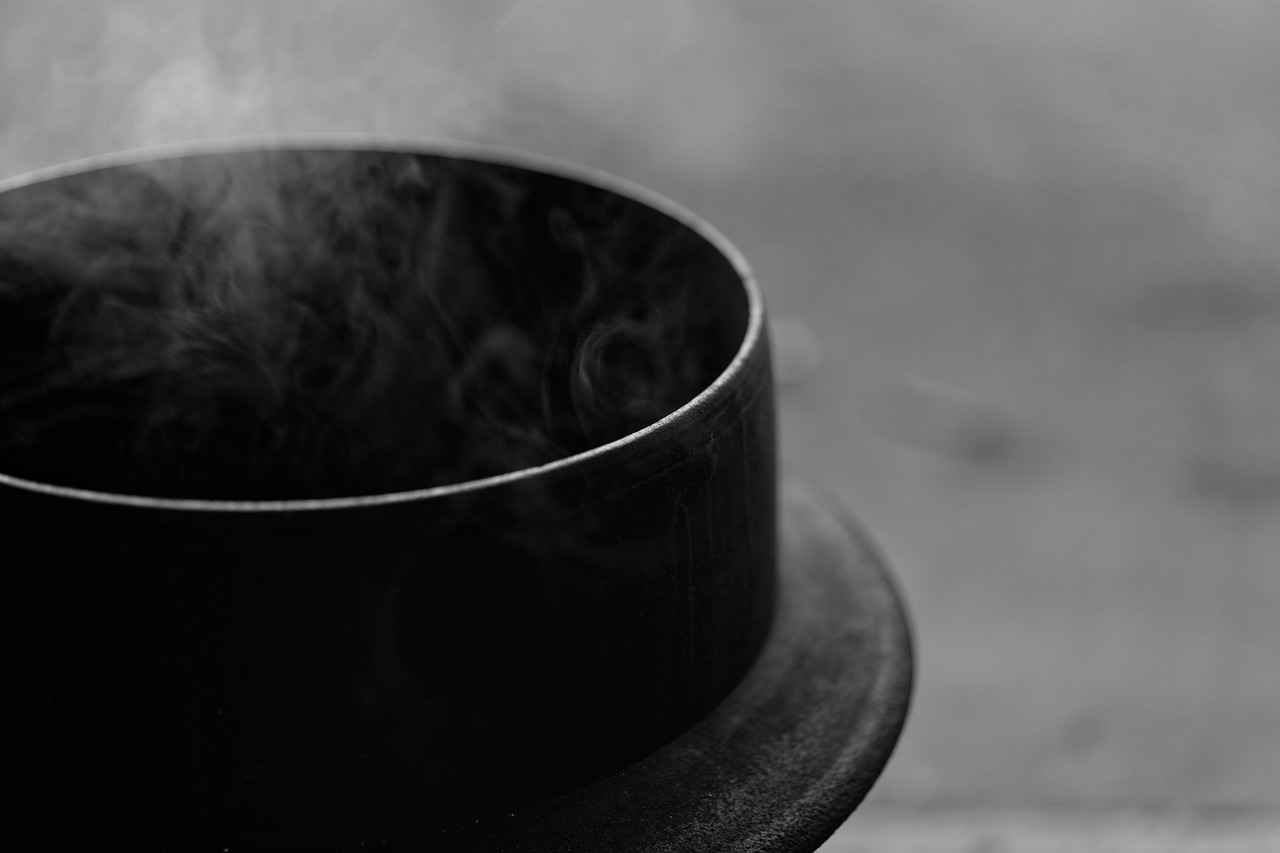
How Long Should You Steep Your Tea?
When it comes to brewing the perfect cup of tea, steeping time is a crucial factor that can greatly influence the overall flavor and aroma. Each type of tea has its own optimal steeping time, which can prevent undesirable bitterness and enhance the tea’s natural qualities. Understanding these nuances can elevate your tea-drinking experience significantly.
Steeping time allows the tea leaves to release their flavors into the water. If tea is steeped for too long, it can become bitter and astringent, overshadowing the delicate notes that make each tea unique. Conversely, under-steeping can result in a weak, flavorless brew. Therefore, finding the right balance is essential for achieving the best taste.
| Type of Tea | Optimal Steeping Time | Brewing Temperature |
|---|---|---|
| Green Tea | 2-3 minutes | 175-185°F (80-85°C) |
| Black Tea | 3-5 minutes | 200-212°F (93-100°C) |
| Oolong Tea | 4-7 minutes | 185-205°F (85-96°C) |
| White Tea | 4-5 minutes | 160-185°F (71-85°C) |
| Herbal Tea | 5-7 minutes | 200-212°F (93-100°C) |
Over-steeping tea can lead to the release of excessive tannins, which are responsible for the bitter taste. This not only diminishes the enjoyable flavors but can also create an unpleasant mouthfeel. For example, a black tea left to steep for too long can become astringent, masking its rich and malty undertones. Therefore, adhering to the recommended steeping times is vital.
- Use a Timer: Keep track of your steeping time using a timer or stopwatch to ensure precision.
- Experiment: Every palate is different; feel free to adjust steeping times slightly to find what suits your taste.
- Monitor Temperature: Use a thermometer to ensure that your water is at the correct temperature for the type of tea you are brewing.
Many teas, especially oolong and green teas, can be re-steeped multiple times. Each infusion will bring out different flavor notes, allowing you to explore the tea’s complexity. However, the steeping time for subsequent brews may need to be adjusted, usually requiring a longer steeping time for each infusion.
In summary, understanding the importance of steeping time is essential for any tea enthusiast. By following the guidelines provided and experimenting with different teas, you can unlock the full potential of each cup, ensuring a delightful and aromatic experience every time.
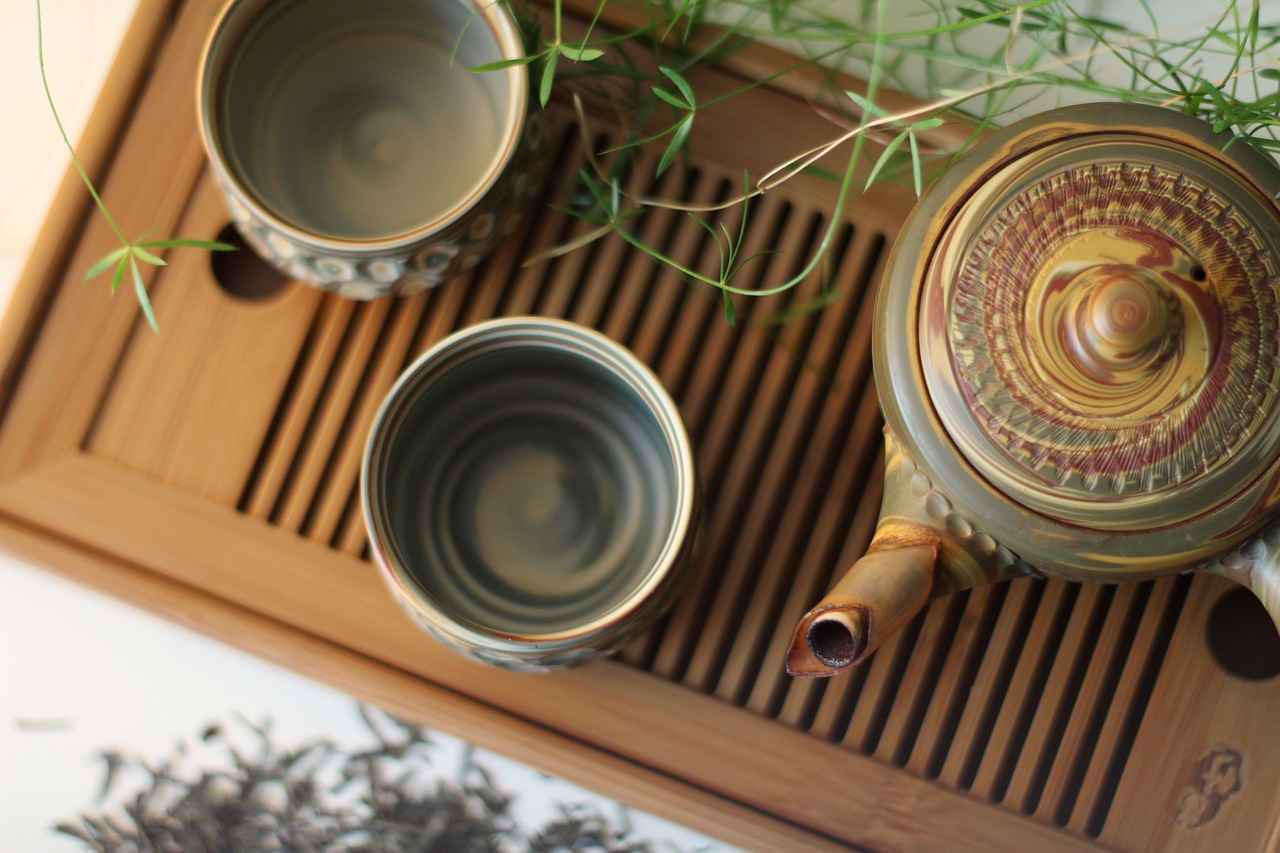
What Additives Can Enhance Tea Flavor?
When it comes to tea, the experience can be significantly transformed by incorporating various additives. These ingredients not only enhance the flavor but also add a unique twist to your favorite brews. In this section, we will explore a variety of options that can elevate your tea experience, making each cup a delightful journey for your taste buds.
While tea can be enjoyed in its purest form, many enthusiasts find that adding a touch of sweetness can enhance the overall flavor profile. Here are some popular sweeteners:
- Honey: A natural sweetener, honey adds a floral note that pairs beautifully with herbal and green teas.
- Agave Syrup: This plant-based sweetener is a great alternative for those who prefer a low glycemic index option.
- Stevia: A zero-calorie sweetener derived from the stevia plant, it offers a sweet taste without the calories.
Incorporating spices into your tea can add depth and complexity. Here are some spices to consider:
- Cinnamon: Known for its warming properties, cinnamon complements black and chai teas exceptionally well.
- Ginger: Fresh or dried ginger adds a zesty kick, perfect for boosting the flavor of green and herbal teas.
- Cardamom: This aromatic spice is a staple in chai blends, offering a sweet and spicy flavor that enhances the tea experience.
Adding citrus zest, such as lemon or orange, can brighten the flavor of your tea. The acidity from the citrus cuts through the richness of certain teas, making them more refreshing. A twist of lemon can elevate black tea, while orange zest pairs beautifully with herbal blends.
Herbs are another fantastic way to enhance the flavor of your tea. Consider these options:
- Mint: Fresh mint leaves can invigorate green tea, providing a refreshing and cooling effect.
- Basil: This herb adds a unique, slightly sweet flavor that works well with fruity teas.
- Lavender: Known for its calming properties, lavender can introduce a floral aroma that complements herbal teas.
Adding milk or cream can create a rich, smooth texture in your tea, particularly in black teas. The creaminess balances the tannins, resulting in a more rounded flavor. Popular choices include:
- Whole Milk: Adds richness and a creamy mouthfeel.
- Almond Milk: A nutty alternative that complements chai and spiced teas.
- Coconut Cream: Provides a tropical twist, perfect for iced teas.
Flavoring extracts can also enhance tea. A few drops of vanilla, almond, or even peppermint extract can transform your brew into a gourmet experience. These concentrated flavors can add depth without the need for additional ingredients.
In conclusion, the world of tea additives is vast and varied, offering numerous ways to enhance your tea-drinking experience. By experimenting with different sweeteners, spices, herbs, and other ingredients, you can discover new flavors and create a personalized tea experience that delights your senses.
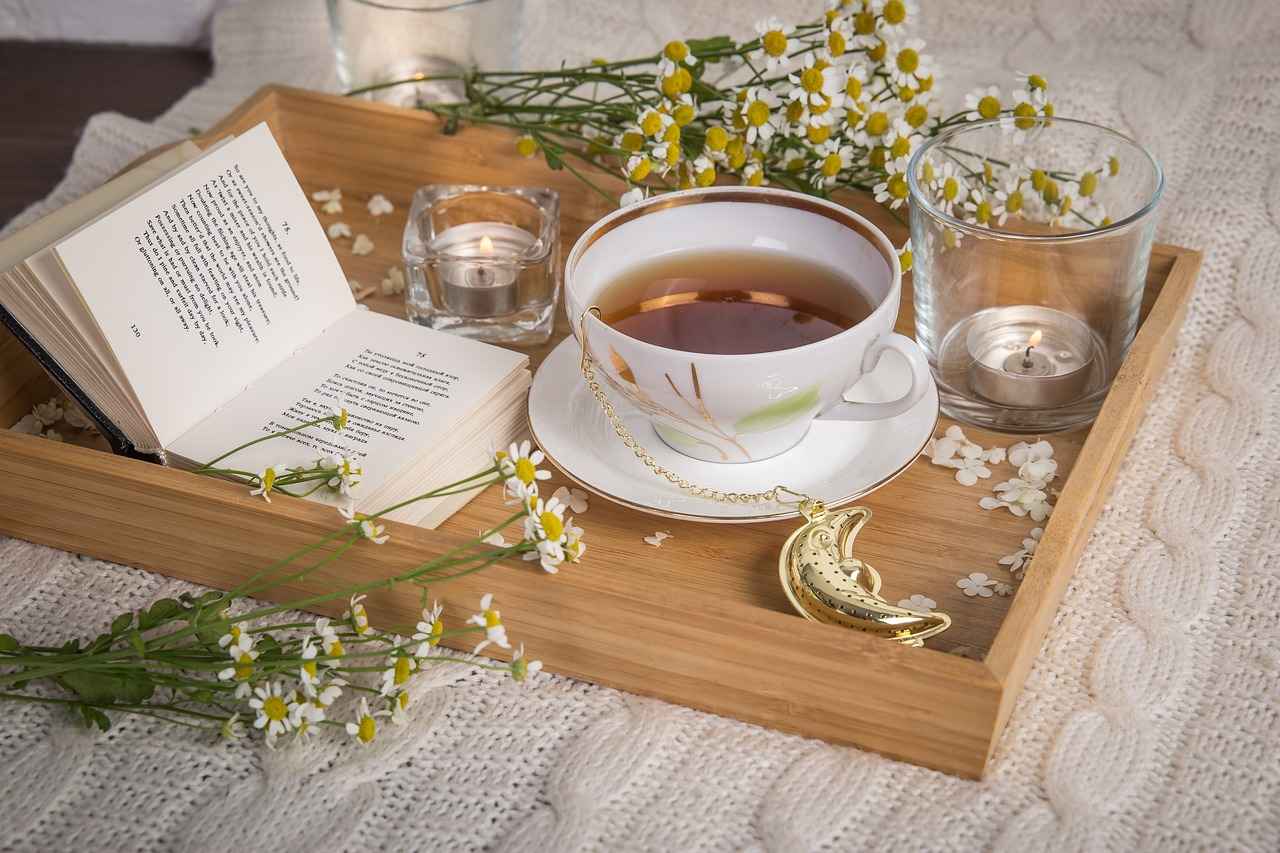
How to Store Tea for Maximum Freshness?
Storing tea properly is crucial for maintaining its freshness, flavor, and aroma. Whether you are a casual tea drinker or a connoisseur, understanding the best practices for tea storage can significantly enhance your tea experience. In this section, we will explore effective methods to preserve your tea’s quality over time.
Tea is a delicate product that can lose its unique characteristics if not stored correctly. Factors such as light, moisture, heat, and air can adversely affect tea leaves, leading to a decline in flavor and aroma. Proper storage helps to shield tea from these elements, ensuring that each cup remains as delightful as the first.
Choosing the right container is essential for preserving tea quality. Here are some ideal options:
- Opaque Tin Containers: These are excellent for blocking out light and air, which can degrade tea.
- Glass Jars: If using glass, opt for dark-colored jars to minimize light exposure. Ensure they are airtight.
- Vacuum-Sealed Bags: For long-term storage, vacuum-sealed bags can keep tea fresh by eliminating air.
Location plays a significant role in tea storage. Here are some tips:
- A Cool, Dry Place: Store tea away from heat sources, such as ovens or stoves, and avoid humid areas like kitchens or bathrooms.
- Avoid Direct Sunlight: Keep tea containers in a dark cupboard or pantry to protect them from light.
- Separate from Strong Odors: Tea can easily absorb odors from its surroundings, so store it away from spices, herbs, and other strong-smelling items.
The shelf life of tea varies depending on its type:
| Type of Tea | Shelf Life |
|---|---|
| Green Tea | 6-12 months |
| Black Tea | 2-3 years |
| Oolong Tea | 1-2 years |
| Herbal Tea | 1-2 years |
While some teas can last longer than others, it is best to consume them within the recommended time frame for optimal flavor.
Recognizing stale tea is crucial to ensuring you enjoy the best possible flavor. Here are some indicators:
- Loss of Aroma: Fresh tea should have a vibrant scent. If it smells flat or musty, it may be stale.
- Change in Color: The color of the tea leaves may fade, indicating loss of freshness.
- Flat Taste: If the tea lacks the usual depth of flavor, it may have lost its potency.
By following these guidelines, you can ensure that your tea remains fresh and flavorful for as long as possible. Proper storage techniques not only preserve the quality of your tea but also enhance your overall tea-drinking experience.
Frequently Asked Questions
- What types of tea are best for enhancing flavor?
When it comes to flavor, some of the best types of tea include black tea, green tea, and herbal tea. Each type has its own unique flavor profile, and experimenting with different varieties can lead to delightful discoveries!
- How does the quality of water impact the taste of tea?
The quality of water is crucial! Using filtered or spring water can significantly enhance the flavor of your tea. Tap water might contain impurities that can alter the taste, so it’s worth investing in good water.
- What is the ideal brewing temperature for different types of tea?
Each tea type has its own ideal brewing temperature. For instance, black tea is best brewed at around 200°F (93°C), while green tea shines at about 175°F (80°C). Using the right temperature helps unlock the full flavor potential!
- How long should I steep my tea for the best flavor?
Steeping time varies by tea type. Generally, black tea should steep for 3-5 minutes, while green tea only needs about 2-3 minutes. Over-steeping can lead to bitterness, so keep an eye on the clock!
- What additives can I use to enhance the flavor of my tea?
Additives like honey, lemon, or even spices such as cinnamon can elevate your tea experience. They not only add sweetness or zest but also complement the tea’s natural flavors beautifully!
- How should I store my tea to keep it fresh?
To maintain freshness, store your tea in a cool, dark place in an airtight container. Avoid exposure to moisture and strong odors, which can diminish the flavor over time.

